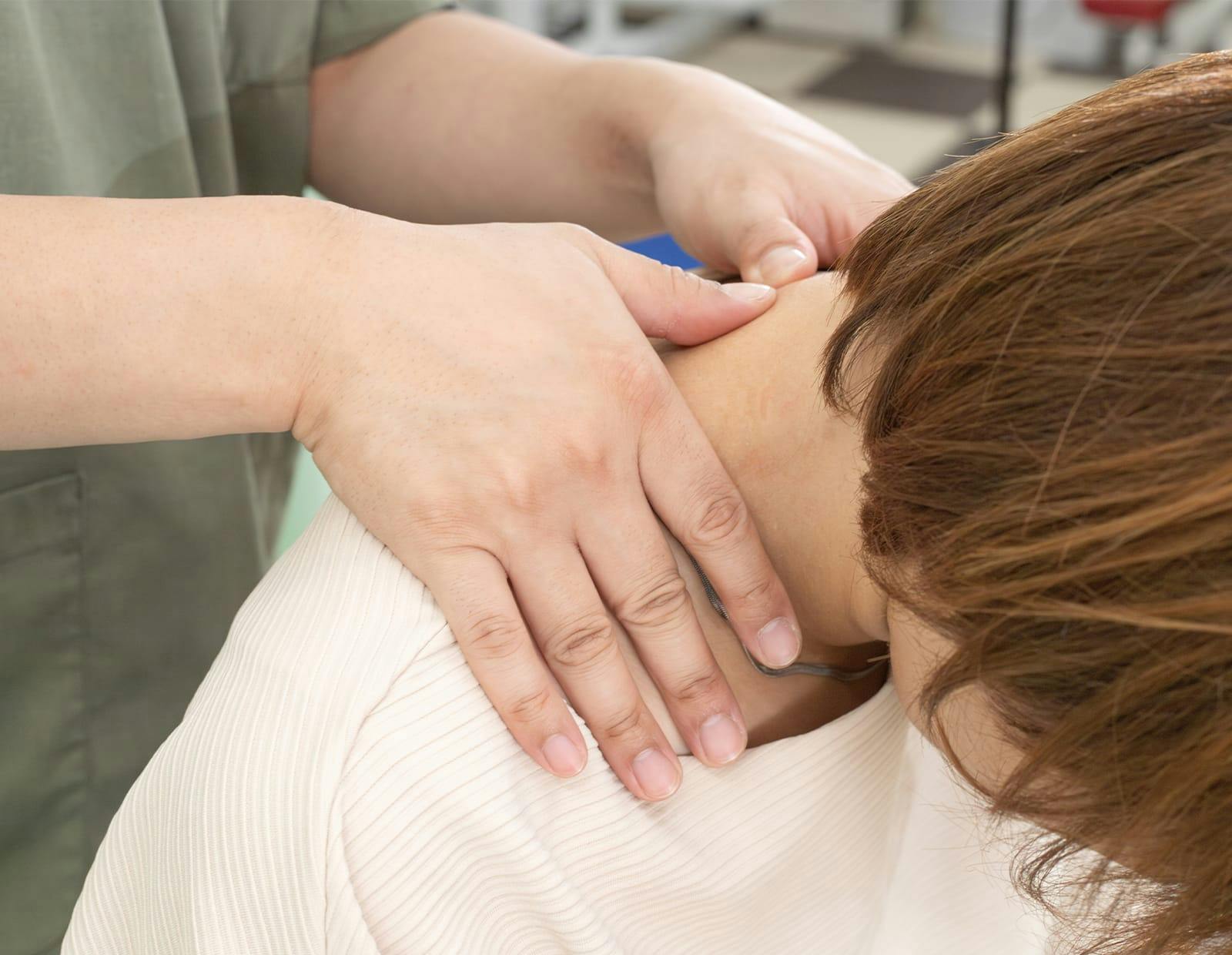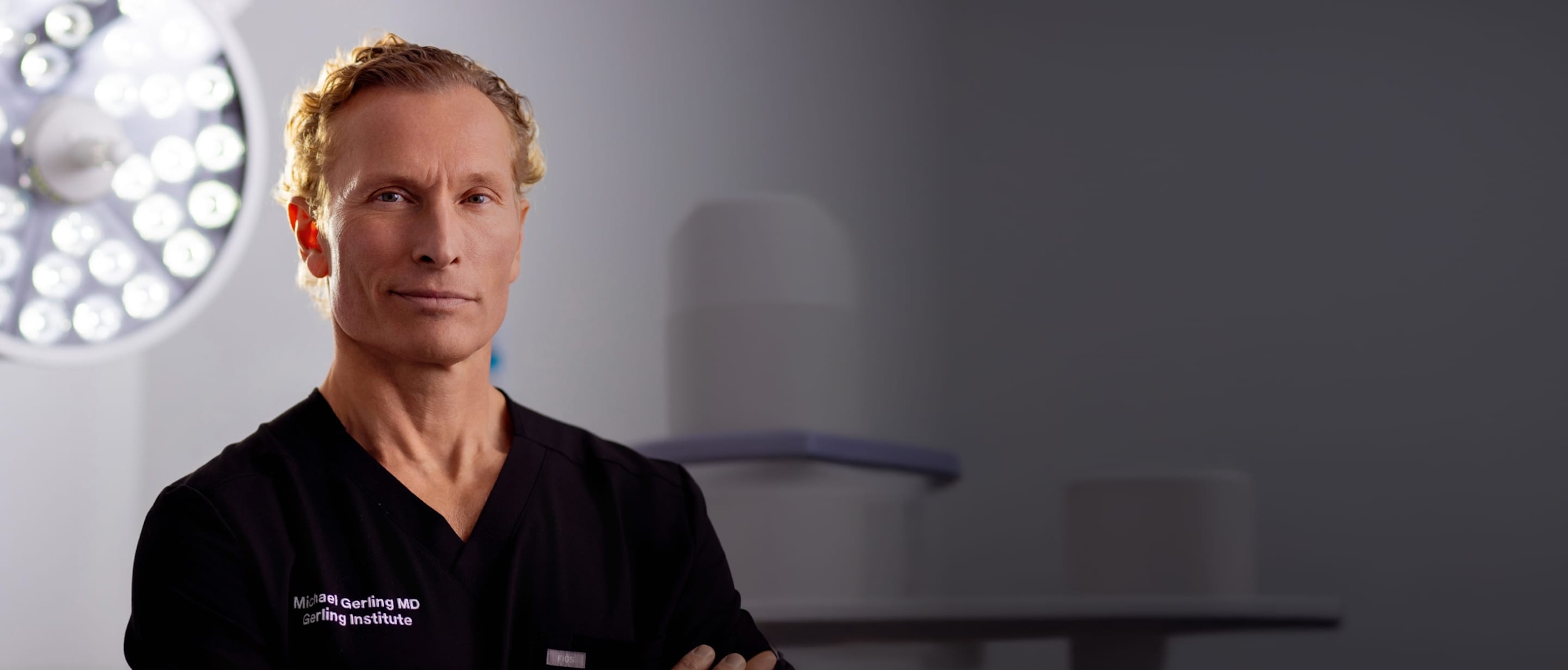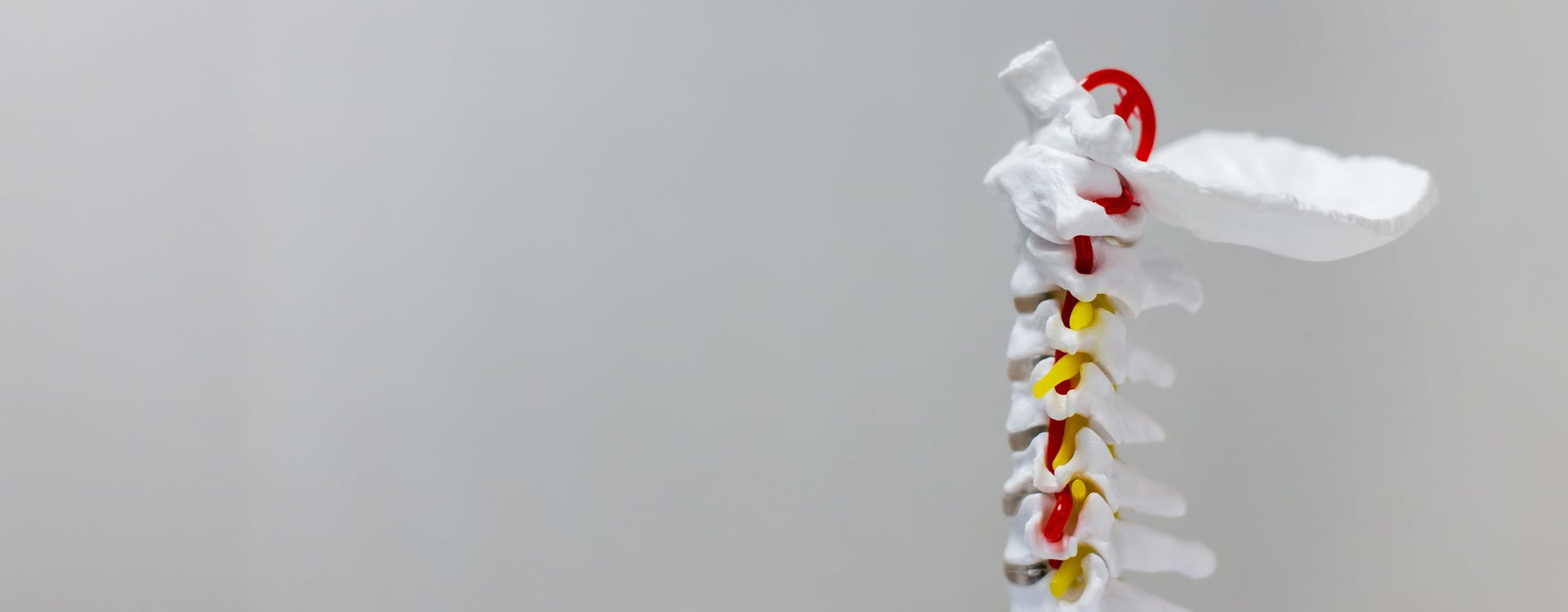Kyphosis is a condition characterized by an abnormal forward flexed curvature of the spine, affecting the neck (cervical spine) or back (thoracic or lumbar spine), typically resulting in a rounded or hunched back or forward lurching of the head. This condition can develop at any age, though it is most commonly seen in older adults, particularly those with osteoporosis or degenerative spinal conditions. Depending on its severity, kyphosis can affect posture, mobility, and overall quality of life.
How Does Kyphosis Affect the Body?
Kyphosis can lead to a range of physical symptoms, including:
- Back pain: The abnormal curve can place strain on the spine, leading to pain and stiffness.
- Decreased mobility: A hunchback appearance may limit a person's ability to move freely and comfortably.
- Difficulty breathing: In severe cases, kyphosis can affect the lungs, making it difficult to breathe deeply.
- Postural changes: Kyphosis can result in poor posture and imbalance, affecting overall body alignment.








